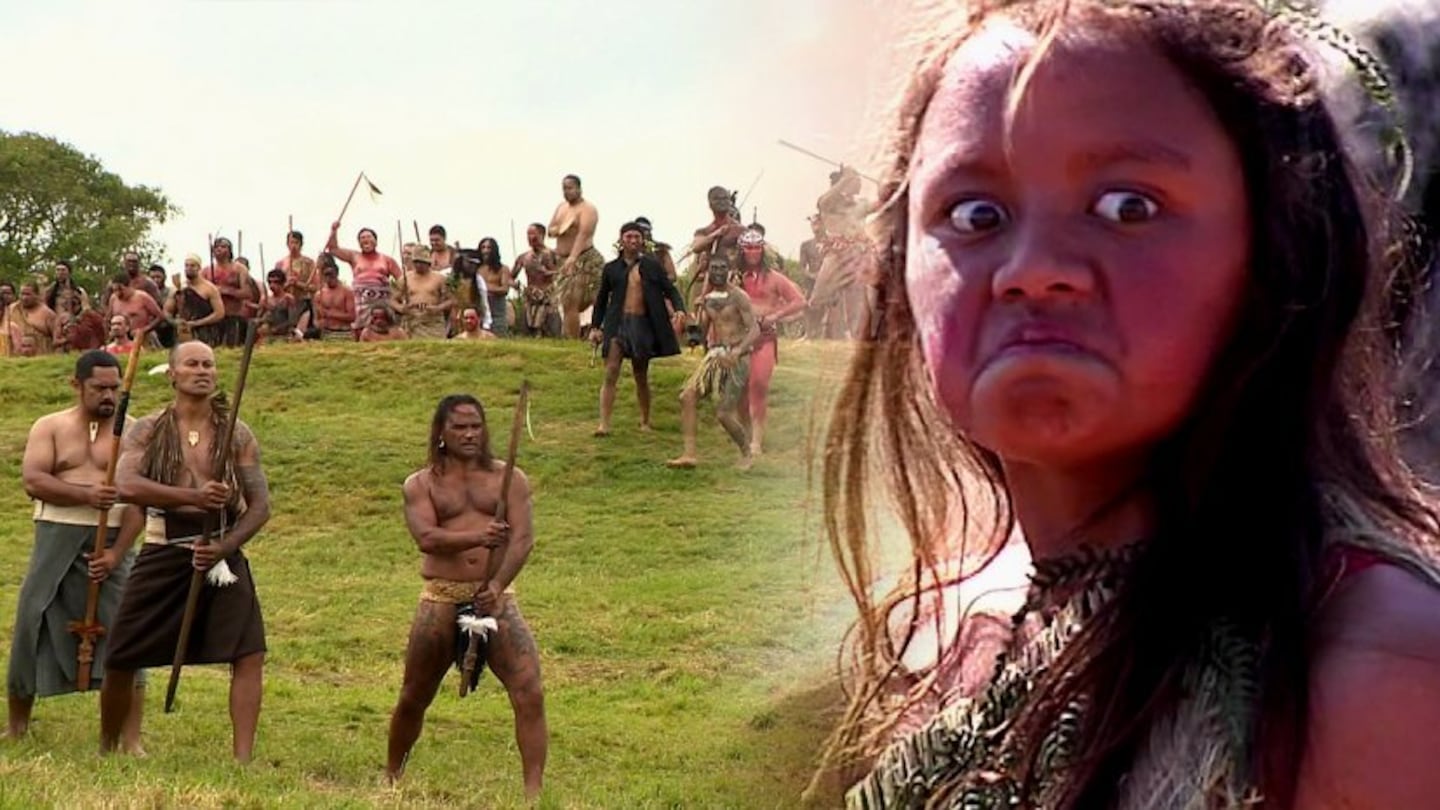It's been 155 years since the battle of Ōrākau, where about 300 people from Tūwharetoa, Tauranga Moana, Waikato, Ngāti Maniapoto, Ngāti Raukawa and Tūhoe tried to stop the government's 1,100-strong militia from taking more land from Māori owners.
New Zealand Land Wars expert Paraone Gloyne, of Ngāti Raukawa, says, "It's something that Aotearoa New Zealand wants to sweep under the carpet and forget. We think as a nation by talking about those things it will bring up old wounds and it's not about that at all. It's about knowing who we are, the history of our country, how it was carved in blood and that what's makes us Aotearoa Niu Tīrani and to take from those things and not do it again. Regardless of where the pakanga was fought, let's not repeat history."
"Five minutes from my home is Rangiaowhia, where kaumātua, women and children were burnt alive in a church and that's something that is a huge part of our narrative as Ngāti Maniapoto and Ngāti Apakura and I guess a lot of people in New Zealand don't want to know about it. There are a lot of layers," says Gloyne.
There is a misconception that the fighting ended at Ōrākau due to the film Rewi's Last Stand but that's not true according to Gloyne.
"Calling it Rewi's Last Stand [implies] that [Rewi] gave up after Ōrākau but the fight continued on in other ways we had Te Rohe Pōtae which was established after the Waikato Wars...the other misconception is that our people fled. They actual walked out of Ōrākau- they didn't flee."
The push continues for the New Zealand Land Wars to be taught in schools.
"If the history of this nation was taught in our schools as part of our curriculum we would know...we wouldn't have to worry about 'how are we going to keep the stories alive?'
"There needs to be more effort in putting out resources that aren't only in the schools but for all of New Zealand.
"There are not enough resources out there, let alone pictorial resources, video podcasts, those are all things we can use to tell the stories," says Gloyne.
The Ōrākau battle site was purchased by the Crown in 2015, the first step towards a plan to build a $2.8mil memorial on the site.
At the end of 2015, Waimarama Anderson and Leah Bell, students from Ōtorohanga College presented a 12,000 signature petition to parliament calling for a national day of remembrance to acknowledge the Land Wars and for the school curriculum to teach about the wars as a course of study for all New Zealanders.
The petition sparked considerable debate and 28 October 2017 was declared as the first Rā Maumahara, National Day of Commemoration of the New Zealand Wars.


